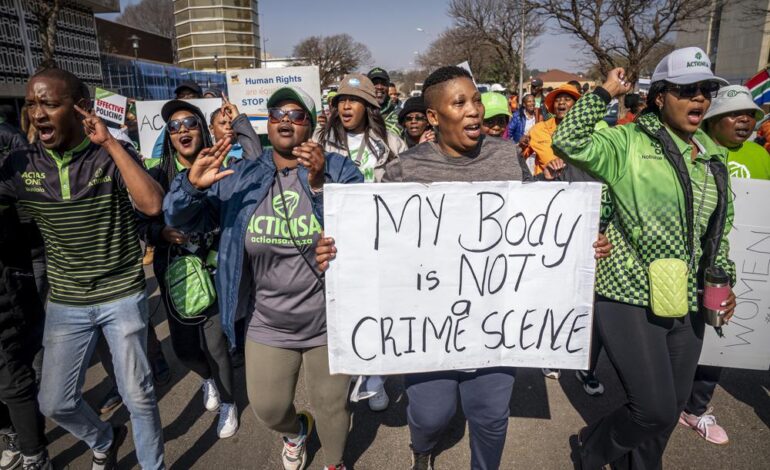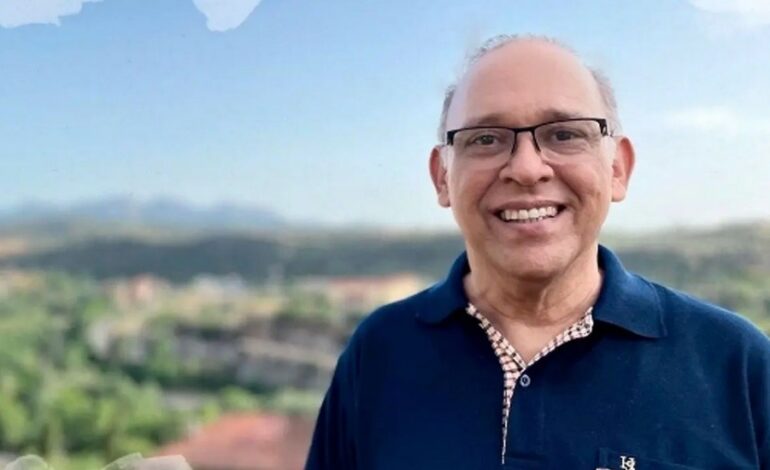
Avellon Williams
HAVANA, CUBA- In Cuban Catholic history, the Society of Jesus (S.J.) has been one of the most important religious orders. Its teachings at the San Jose School in Havana played a significant role in the development of Creole culture during the XVIII century.
During the reign of King Carlos III, in 1767, every Jesuit was expelled from the island and its lands. In 1853, however, the religious followers returned to Cuban soil and founded the Bethelehem School in Havana.
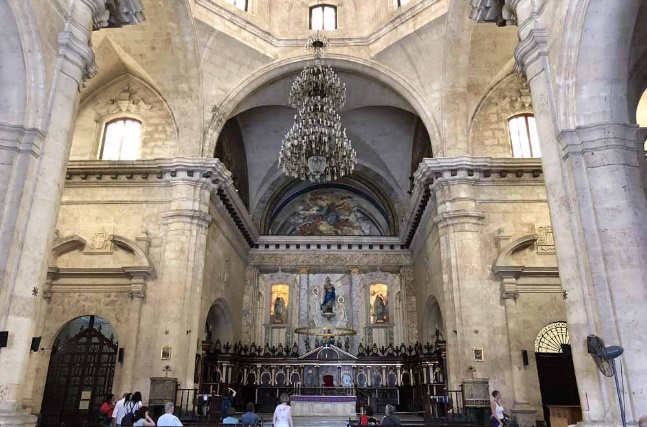
As the revolutionary government expropriated Catholic schools in 1961, the Society of Jesus already had a network of parishes, chapels, schools, and other social projects covering important urban centers such as Camaguey, Santiago de Cuba, Cienfuegos, and Havana.
The Cuban Communist Party’s Office of Religious Affairs, led by official Caridad del Rosario Diego Bello, announced a few months ago that they would not renew residency for the regional Jesuit superior in Cuba, Father David Pantaleon Rosario. The result was that he had to leave the country, which is exactly what he did.
As part of Cuba’s underhanded coercion of the Catholic Church, this procedure is used. The religious institution has had to request entry for foreign religious personnel more than once due to a shortage of native callings. Consequently, pastoral workers are required to renew their residency permits every year, which are granted by the Office of Religious Affairs.
The religious person’s permit can be renewed every 24 months if he or she “has good conduct”. In this period, the Communist Party observes the daily lives of priests and religious followers (preaching, catechesis, pastoral contact).
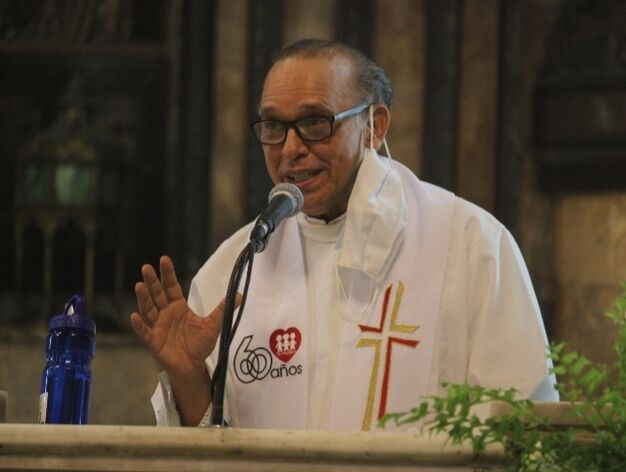
In 2017, Father David Pantaleon S.J. was named Superior of the Jesuits in Cuba, and his canonical term ends in July 2023. As a result of accompanying civil society and Cuban citizens, he was not able to renew his residency permit and was deported from the country.
Why is the Jesuit superior?

As a starting point, it is necessary to emphasize that the Society of Jesus and the Daughters of Charity of Saint Vincent de Paul have the most religious leaders born in Cuba. The Jesuits are also present at different points across Cuba (Havana, Cienfuegos, Camaguey, Santiago de Cuba) so that every message they convey reaches a large number of people.
Additionally, their network of Loyola Centers has a strong social influence and strength. In addition to providing complementary education to children, young people, single mothers, and the elderly, this network of centers also organizes debates and workshops on business ventures, cultural issues, and civic values.
As was the case with Anamelys Ramos Gonzalez, who coordinated the Forum Loyola space for civic debates for many years, these centers have hosted a wide range of opinions and have included important voices from Cuba’s breakaway groups. Also recently, they have taken in economists Miguel Alejandro Hayes and Jorge Ignacio Guillen as critical intellectuals.
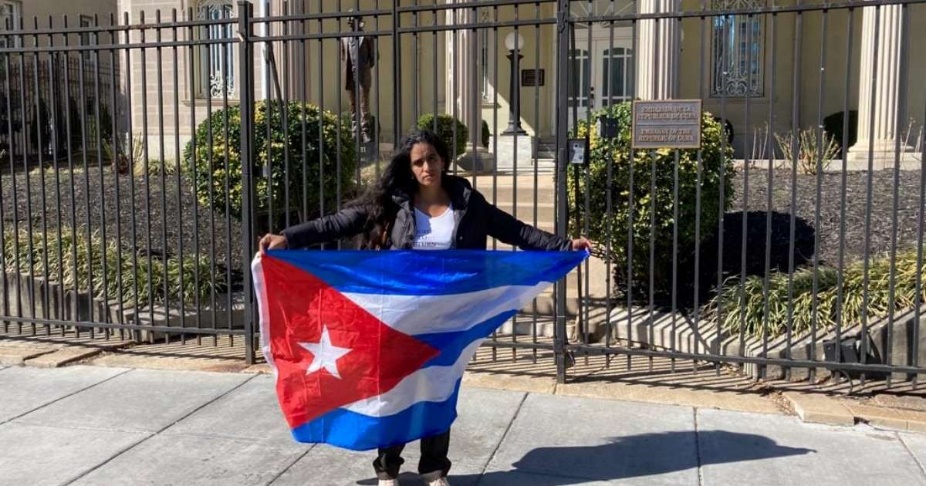
As the order’s main publication in Cuba, Vida Cristiana is published every Sunday. Devout communities are guided on the meaning of Sacred Scripture by articles on liturgical issues on its pages. As well as publishing articles with a social focus, they analyze and complain about Cuban reality. An unease at the Office of Religious Affairs was also sparked by this editorial line.
A weekly print run of 55,000 copies makes this publication one of the most widely distributed publications without a Communist affiliation.
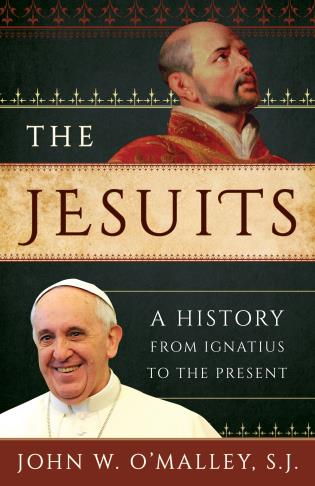
Publications by Jesuit priests and many secular people associated with the order, which complained about the totalitarian government’s systematic violation of human rights, also caused unease in Caridad del Rosario Diego’s office. In the lead-up to the proposed protest march on November 15, 2021, an appeal to military forces was published. In recent Cuban history, this was one of the most important statements from the Church asking the military not to be violent towards their fellow citizens.
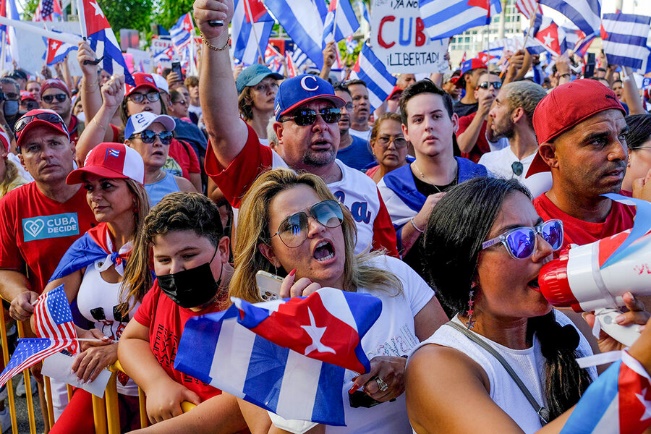
In addition to receiving monthly messages, David Pantaleon S.J.’s deportation was sped up by his collaborators on missions. In these articles, the religious man reflects on the situation in the country, he complains about the precarious living conditions for Cubans and the lack of political will to improve them.
People both inside and outside the Church resonated with these messages, as they were disseminated across the island and received a lot of independent media attention. In contrast to Cuban bishops’ timid documents and silence.
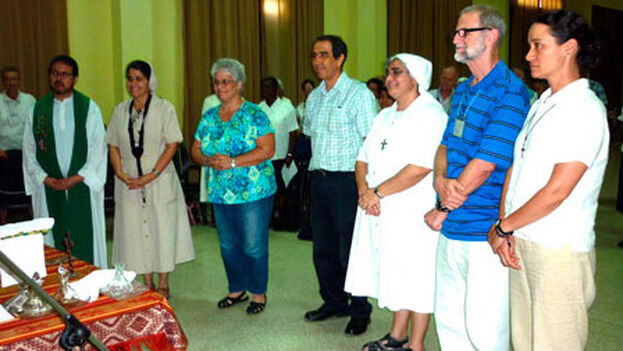
The priest’s greatest conflict with the totalitarian government was undoubtedly his follow-up service for the Conference of Religious Men and Women in Cuba (CONCUR). For the past two years, Father David Pantaleon S.J. served as president of the church group. Members of the Office of Religious Affairs questioned the service in various meetings.
Prisoners During the July 11, 2021, social uprising, CONCUR not only met its goal of assisting, but also complained about violations of criminal law, summary hearings, sentences, and the use of political prisoners as examples. In addition, minors in Cuban prisons who are dissident from the government are subjected to degrading treatment and criminal procedures.
Father David Pantaleon S.J.’s deportation, reminiscent of church members being deported at the beginning of the Revolution, is perfectly calculated by the Office of Religious Affairs. Cuban authorities are increasingly silencing critical voices within the Cuban Church who disagree with the country’s situation.
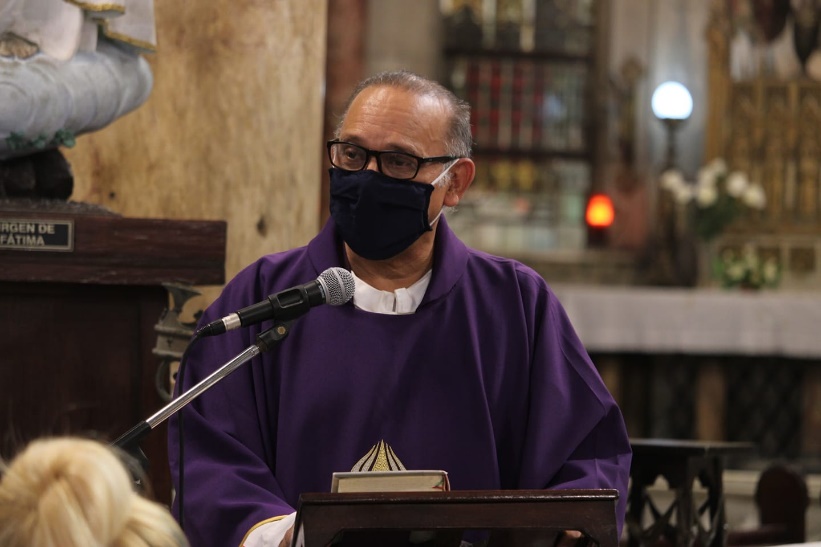
In leaving the country, Father David Pantaleon SJ just proves the Cuban Government’s fear of any space that articulates and complains on behalf of its citizens. Given the calculated and cautious words at the Episcopal Conference, the Society of Jesus and the Conference of Religious Members in Cuba are the church sectors that civil society, parishioners, and most citizens have felt the Church’s solidarity.



